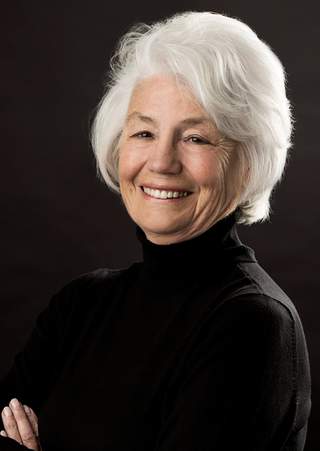The Canberra Times
An American scheme is transforming education for the poor, Lesley Russell writes.
Parents increasingly worry about sending their children to a good school, but it is good schooling that really matters, and the evidence is parents should worry more about the quality of the teacher who stands in front of their children. Great teachers are easily recognised, but the qualities that make them special have never been identified in any reliable, objective way and are therefore not readily replicated. Ironically, the great teacher serves as a hero but never as a lesson.
But it seems that is changing, both in Australia and the United States, as the focus is shifting from school accountability to teacher accountability. Over the past year, US President Barack Obama and his Education Secretary, Arne Duncan, have emphasised teacher effectiveness, and have backed their talk with money, putting $US4.3 billion ($A5 billion) in a program called Race to the Top.
There is one organisation in the US that has systematically pursued the mystery of what makes a good teacher for more than a decade. That organisation is Teach for America, a non-profit body that recruits college graduates to spend two years teaching in low-income schools. It began as a final-year thesis paper written in 1989 by a young woman studying at Princeton. This northern autumn, it will send 4500 of the US's best college graduates to some of the lowest-performing school districts, thanks to $A205 million in philanthropic funding.
Teach for America recruits talented people and is also responsible for their performance in the classroom. Every year, it has an applicant pool that rivals that of Wall Street recruiters. This year, the 46,000 applicants included 12 per cent of all Ivy League graduating classes, and a quarter of all blacks and a fifth of all Hispanics in these classes applied.
For years, Teach for America has been testing its hypotheses and refining its hiring and training. Over time, it has built an unusual laboratory: almost half a million American children are being taught by Teach for America teachers this year, and the organisation tracks test-score data, linked to each teacher, for about 90 per cent of those children. Almost all of the students are poor and either black or Hispanic.
Earlier this year Teach for America published Teaching as Leadership: The Highly Effective Teacher's Guide to Closing the Achievement Gap, which shares what has been learnt in 20 years of experimentation, marked by trial and error and, increasingly, success.
The results are somewhat surprising. Things that might be expected to help a new teacher achieve success in a poor school, like prior experience working in a low-income neighbourhood, don't seem to matter. Other things that may sound insignificant, like a teacher's extra-curricular activities and accomplishments in college, tend to predict success.
Great teachers have a number of things in common. First, they set big goals for their students and they don't lower expectations for students in poor schools. They are also always looking for ways to improve their own effectiveness and constantly re-evaluate what they are doing. They enthusiastically recruit students and their families into the learning process, they maintain focus, ensuring that everything they do contributes to student learning, and they plan exhaustively and purposefully for the next day or the year ahead. Critically, they never surrender to poverty, bureaucracy and budget shortfalls.
To those who operate Teach for America, there is no mystery to what makes an effective teacher. They now know there are two important traits "grit" (defined as perseverance and a passion for long-term goals) and "life satisfaction" (defined as contentment and enthusiasm) and they use this knowledge to identify the best applicants for the program and to train them effectively.
And the new teachers deliver great outcomes: in 2009,44 per cent of Teach for America teachers moved their students 1½ or more years ahead, according to the organisation's internal reports.
The founder of Teach for America, who still heads the organisation, says the program is not meant to solve the teacher shortage or teacher quality problems, but rather to generate a movement of young people who are passionate and understanding about education reform. The main purpose is to show how it is possible to have an almost immediate positive impact on the education of children in the most disadvantaged communities, and to have tomorrow's leaders know that eliminating educational inequity is a problem that can be solved.
Dr Lesley Russell is the Menzies Foundation fellow at the Menzies Centre for Health Policy, University of Sydney/Australian National University, and a research associate at the US Studies Centre at the University of Sydney.





